Biomarkers in saliva may be able to determine a child’s risk of developing a severe case of COVID-19.
Researchers from Central Michigan University and DMC Children’s Hospital of Michigan, have launched a study looking at the spit of minors who contracted with the virus.
They looked for levels of proteins, which help control inflammation in the body once infected, and found that kids with severe cases were higher, while levels of certain RNA molecules were much lower.
The team says that if the findings hold true in a larger study, doctors can use the test on kids diagnosed with COVID-19 right away to determine who will develop a serious infection and treat them before it progresses.
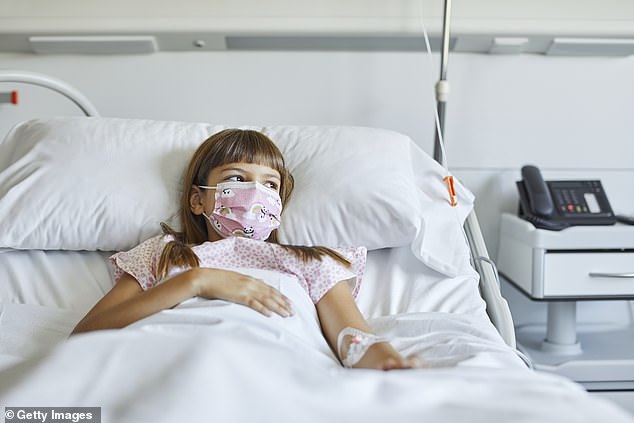
A new study from Central Michigan University and DMC Children’s Hospital of Michigan is looking at children and COVID-19 is analyzing biomarkers in salvia to determine which children are at risk of severe Covid (file image)
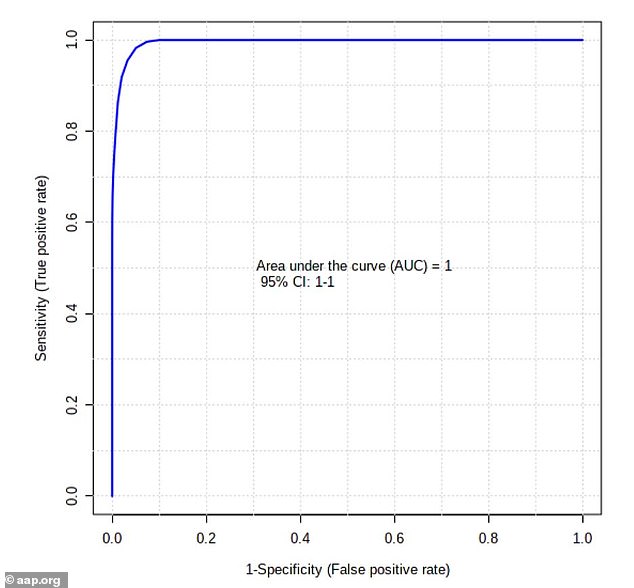
They found children with severe infections have high levels of cytokines, which control the growth and activity of other immune system cells and blood cells (above)
Most children who contract the virus don’t become severely ill with pediatric deaths making up less than 0.01 percent of all U.S. Covid fatalities.
But kids can occasionally be hospitalized, with some youngsters even developing a rare condition: multisystem inflammatory syndrome in children (MIS-C)
‘Using saliva to predict severity of the infection is non-invasive and painless,’ co-author Dr Usha Sethuraman, of DMC Children’s Hospital of Michigan, said in a statement.
‘If proven to be effective saliva may be a game changer in children in whom obtaining blood is both difficult and distressing.
‘Additionally, early recognition of the severity of COVID-19 can help clinicians institute timely and appropriate treatment which may help improve outcomes.’
According to the abstract (a full study is not yet available), the researchers looked at 33 children aged 18 or under
Of those children, 29 tested positive via a hold standard nasal swab test, four had a positive antibody test and six children had severe infection.
They examined their saliva for cytokines and microRNA (miRNA), both of which play a role in controlling information.
Cytokines control the growth and activity of other immune system cells and blood cells while miRNA is a form of non-coding RNA that modulates inflammatory responses.
They found that two levels of cytokines were higher in children with severe COVID-19 compared to those without severe infections.
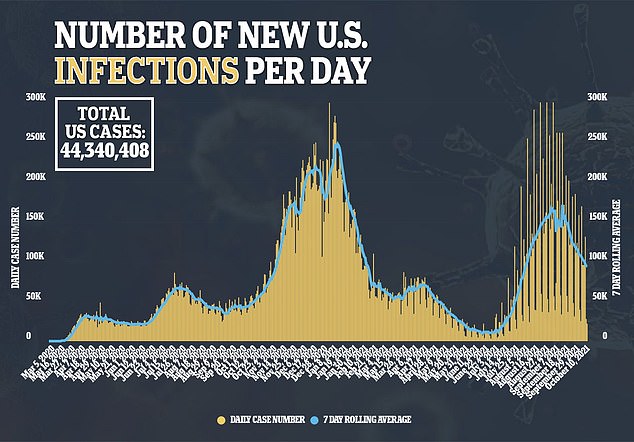
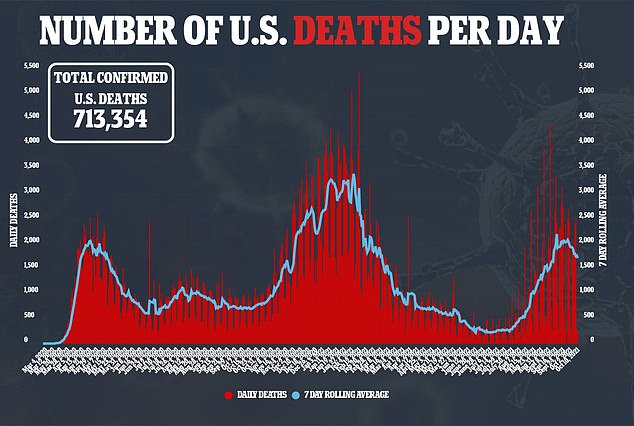
What’s more, the expression of 63miRNAs were different, and 38 of those were in much lower levels in saliva samples of children with severe infections.
‘We were quite surprised to see that there is a differential expression with miRNAs that is significantly different between severe and non-severe children,’ Sethuraman told Healio.
The study study is ongoing and the researchers plan to enroll up to 400 children in total to verify their findings.
‘If this [study] goes through successfully, our hope is that we’re able to get saliva from a child, put it into a machine, and it spits out the prediction for who’s going to have a severe disease,’ Sethuraman told Healio.
‘That would be an awesome, awesome achievement, especially in the emergency department, where it can help us make decisions and start treatment earlier.’
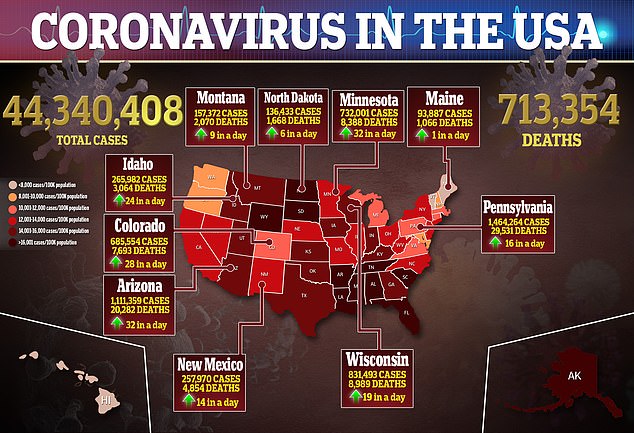
Source link : https://www.dailymail.co.uk/health/article-10081205/Researchers-launch-study-determine-biomarkers-saliva-predict-kids-risk-severe-Covid.html











